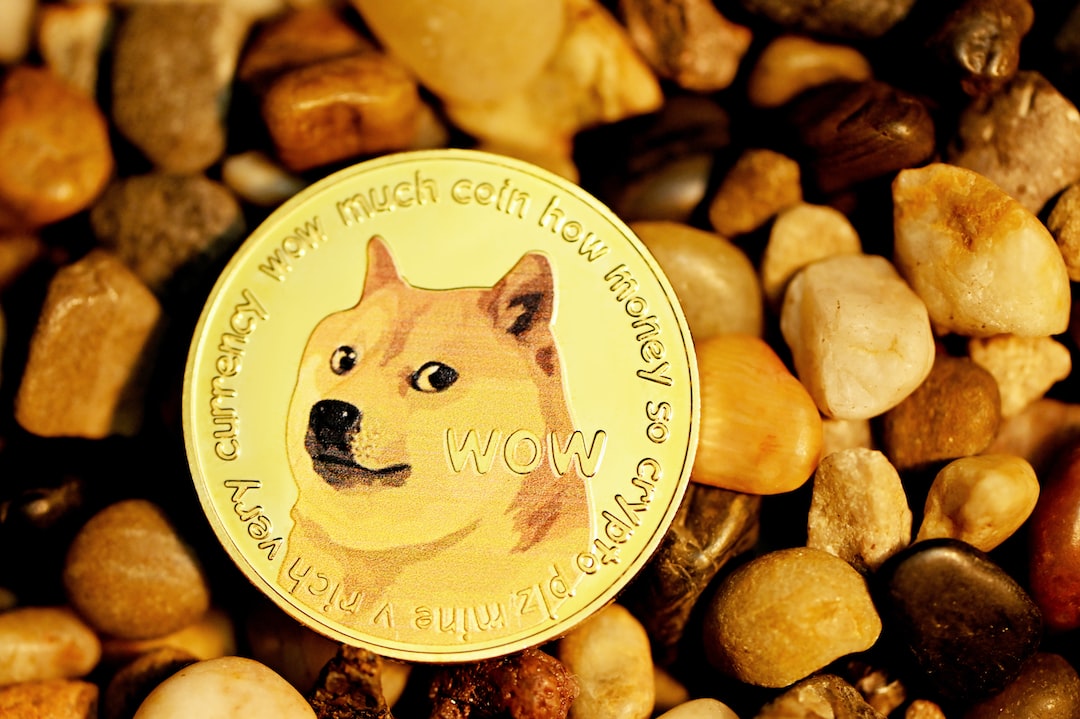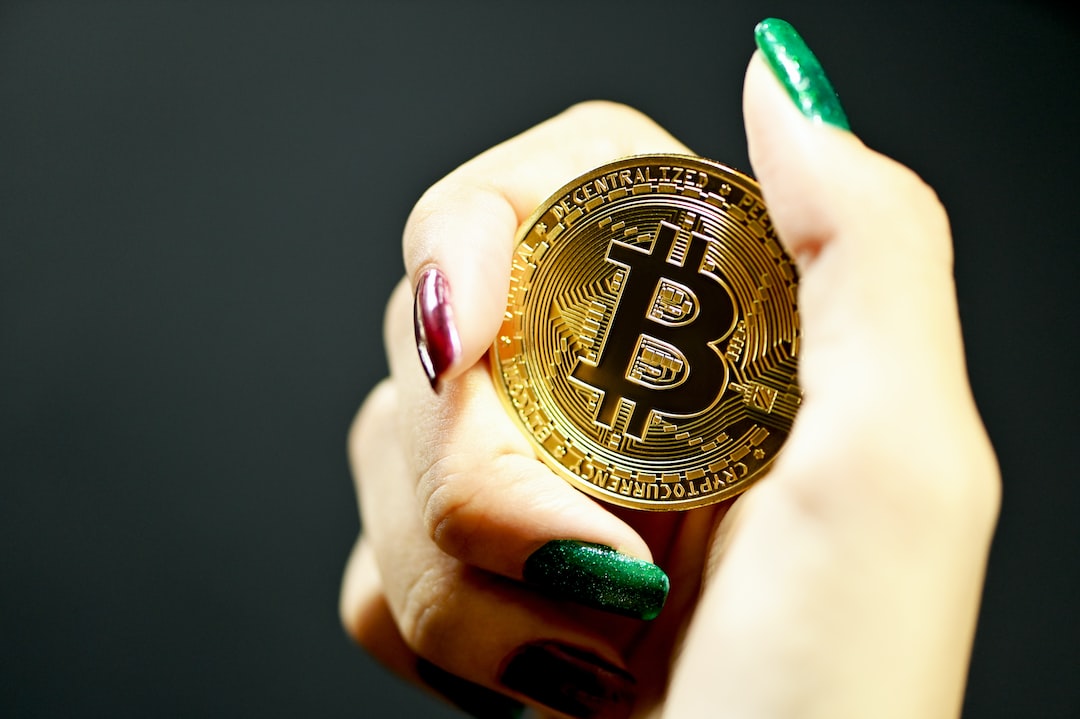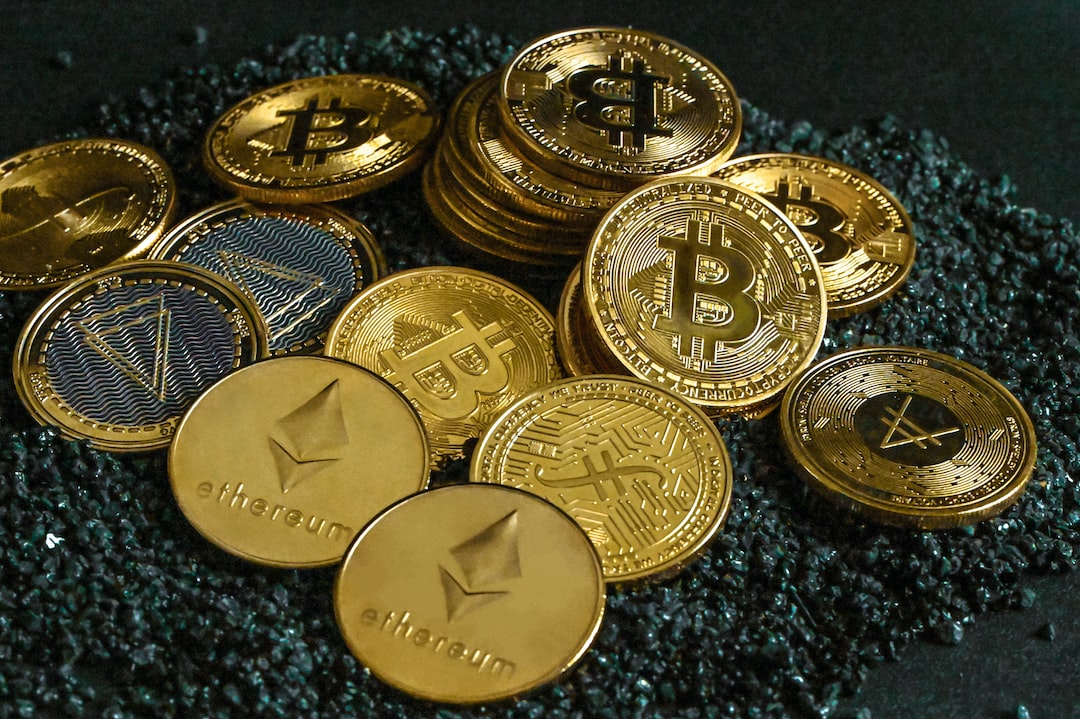Philippines SEC Collaborates with US SEC to Combat Crypto Fraud
The Philippines’ Securities and Exchange Commission (SEC) has joined forces with the US SEC and the Asian Development Bank (ADB) to tackle the rising problem of cryptocurrency fraud and scams in the country. The regulators participated in a training workshop organized by the International Organization of Securities Commissions (IOSCO). Additionally, the Filipino SEC has signed IOSCO’s Multilateral Memorandum of Understanding to address crypto scams.
Escalating Crypto Scams Prompt Regulators’ Action
The regulators’ decision to expand their efforts against crypto fraud comes in response to the alarming scale of the crisis. Recent incidents have garnered international attention, including raids conducted by Filipino police in May to dismantle human trafficking networks that exploited victims in crypto scams. The traffickers coerced their captives into engaging in romance and pig butchering scams through social media platforms like WhatsApp.
Following Gary Gensler’s Approach
The tough enforcement stance of US SEC Chair Gary Gensler, despite his controversial reputation among the crypto community, might serve as a model for addressing the issue. Gensler emphasized the need for increased resources and stronger regulation to combat fraud within the industry. While some may view his perspective as one-sided, it is clear that a similar approach is necessary in the Philippines to dismantle human trafficking rings and eradicate scams that tarnish the reputation of cryptocurrencies.
Hot Take: Strengthening Collaboration to Safeguard Crypto Industry
The collaboration between the Philippines SEC, US SEC, and ADB highlights a proactive effort to protect investors and curb fraudulent activities in the crypto space. By leveraging expert training and adopting a more robust regulatory approach, these regulators aim to restore trust and credibility in cryptocurrencies. Strengthening law enforcement efforts against human trafficking rings and scams will not only safeguard the reputation of cryptocurrencies but also contribute to a safer and more secure digital financial landscape.





 By
By
 By
By
 By
By
 By
By
 By
By